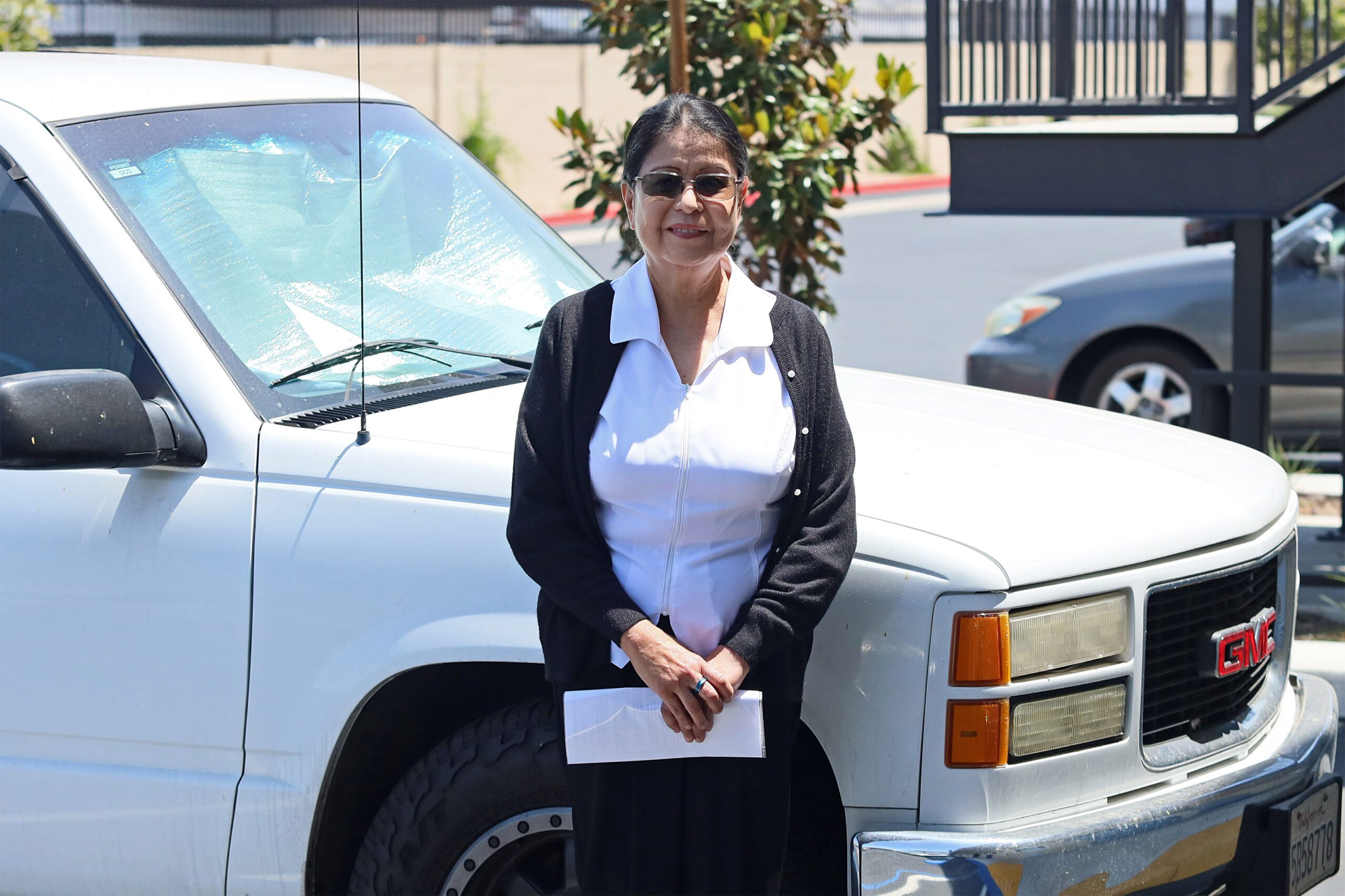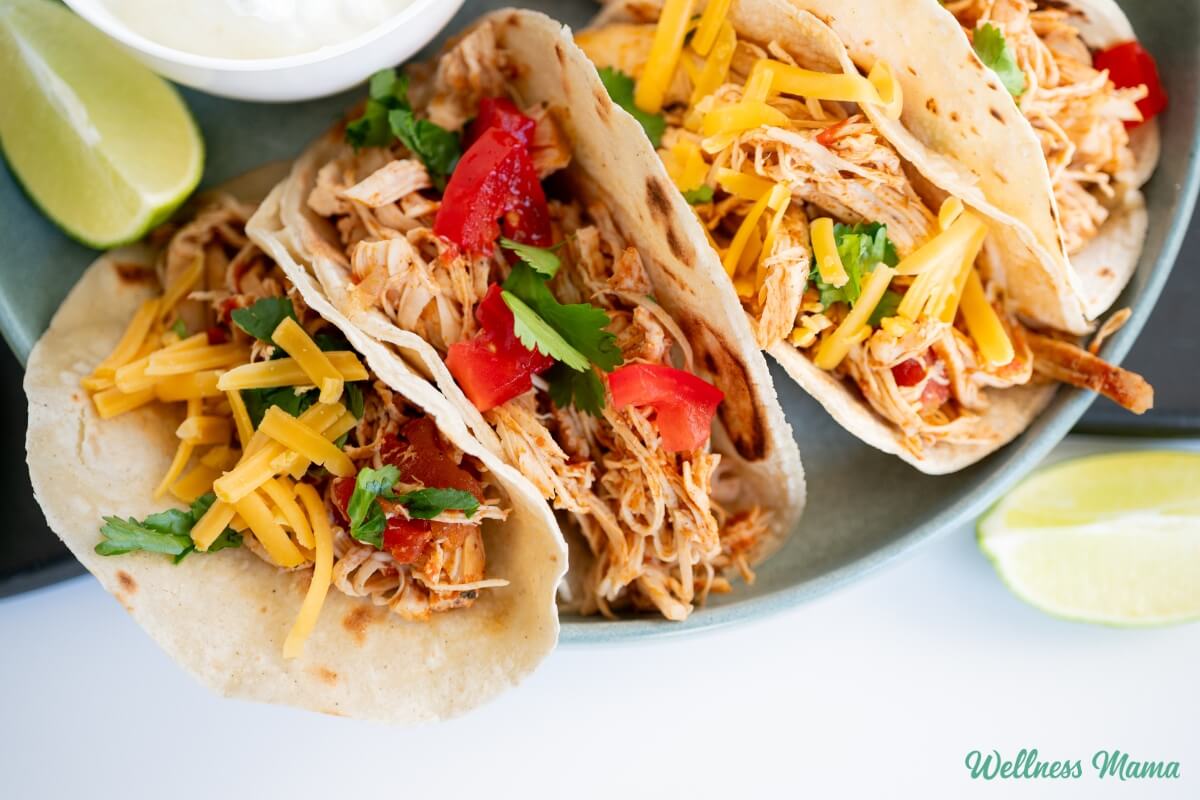CANNABIS CULTURE – Pioneer medical cannabis grower gives away coconut coir waste as a soil supplement for healthy vegetable gardens in poor townships.
“We call it closing circles,” Dina Zollman, project manager of MedCan, tells Cannabis Culture of her company’s work in blooming township communal vegetable gardens.
MedCan is one of the first and only fully indoor licensed medical cannabis cultivators in South Africa. Their unique product, Isando, says Zollman, is grown, dried, hand trimmed, and packed at our indoor facility and then exported to patients around the world.
The use of coco-based media is commonplace in both commercial and recreational cannabis production for several different reasons. Coconut coir is essentially coconut fibers that are generated as a waste product through the processing of coconut products. So, the medium is a mixture of coconut fibers and perlite – expanded volcanic rock, Zollman explained. The advantage of mixing coco coir medium and regular soil to grow vegetables are numerous: better moisture retention, better aeration, better drainage, increase in cation exchange capacity, increase in viable habits/environment for beneficial microbes. Perlite also aids in aeration, increasing the carbon load of soil, creating better-textured soils, and increasing micro and macro pore sizes.
Super Vegetables

The used coco coir medium is a convenient blessing for Moses Dumisani “Scotch” Madhlophe, who manages a community vegetable garden in Katlehong, south of Johannesburg, South Africa’s commercial capital. Katlehong, home to 467 000 residents, is an area clocked in a ‘culture of poverty, says a study by the nearby University of Pretoria. Hunger-driven riots and looting are frequent occurrences in Katlehong. Here personal income per capita is just ZAR 4992 ($297). So, for the likes of Scotch, a community vegetable garden is crucial to beat household hunger and malnutrition. “The coco coir medium just makes the vegetable soil super better,” he says.
On its premises, Medcan aims to grow premium quality THC flowers for the overseas market. So, to ensure only the finest elements are maintained, Medcan does not use soil. Instead, a coir-based medium is used. The disadvantage is that this high-quality medium is full of good nutrients but can’t be reused for growing premium-quality THC flowers. It’s given freely to the community garden that Scotch runs in this large, highly populated but deprived urban township.
“The coir gives us two advantages at once. With it we farm leafy, healthy, and nutritious vegetables, feed the neighborhoods, and create income for the jobless here,” says Scotch. In South Africa, community urban farming was considered illegal by the colonial urban government. Hence Black people neglected urban farming. Today there’s a sea of change as thousands of community gardens populate South Africa’s urban townships as a method to beat back malnutrition.
The idea to donate the residue of coco coir medium to community gardens to community gardens is now two years old. It started when Medcan donated its first medium after its first batch of THC was harvested in 2020.
“Our Head of Cultivation insisted on, as he puts it, “closing circles” and not letting this waste material get into landfills,” says Zollman. On searching for a way to put it to good use this is how Medcan found Scotch. As of today, all of the medium used at MedCan has been donated to Scotch and his community gardens in Katlehong.
Cannabis and landfills crisis

Landfills populated by environmental waste from industries in South Africa are now a huge headache. South Africa is now locked in a waste crisis. A 2018 report by the country’s South Africa Department of Environmental Affairs revealed that only a mere 10% of waste is recycled. The rest, 98 million tons are dumped into gigantic landfills ann
ually, revealed to a study in the medical journal, Lancet.
So, the arrangement between Medcan and Scotch’s community to reformulate medical cannabis waste for community vegetable gardens is quite important. “It’s a prototype of what can be done correctly. It’s a win-win. Medical cannabis waste doesn’t end up dumped in monstrous landfills where the poorest waste pickers work with no biosafety protection. Community gardens use THC waste to produce nutritious greens that beat hunger,” says Shamiso Mupara, an environmentalist and past delegate to the 2021 COP16 global climate summit in Scotland.
Mupara adds that this kind of deal to repackage coco coir from cannabis facilities into soil nutrition fits into an ignored crisis. “Soil degradation due to climate change,” she says. “Annually South Africa is losing nearly 500 million of rich nutritious topsoil. How do we slow down the carnage? Mixing cannabis waste to enrich crop soils in poor city neighborhoods is, though a small solution, but very important.”
Vegetables, cannabis, inflation
For Scotch – enriching vegetable soil with medical cannabis waste comes at an important time. “Affordable vegetables whose quick growth and harvesting are boosted by cannabis waste are so helpful at this time of inflation.”
Original Article










